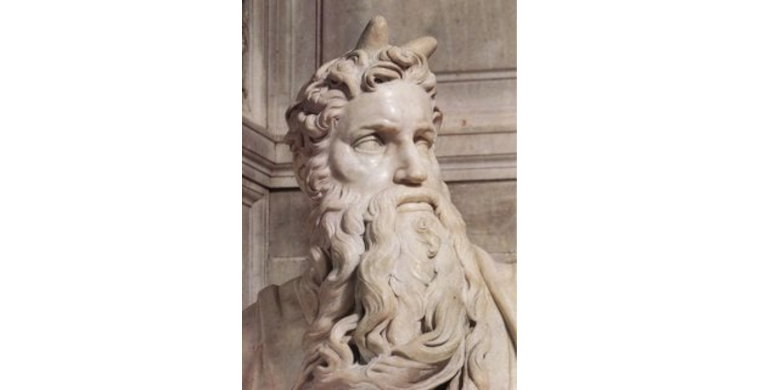Jerome and the Council of Trent
By Chuck Collins
www.virtueonline.org
April 9, 2024
The Council of Trent, the Roman Catholic response to the Protestant Reformation meeting April 8, 1546, adopted Jerome's Latin translation (the Vulgate) as its official Bible. This was the only Bible available for over a thousand years until the time of the Reformation, with all its mistakes, and even long after Latin fell out of common use.
The Latin Vulgate remained the official Bible of the Roman Catholic Church until 1979. Trent's decision was intended to curb enthusiasm over the newly available modern translations of the Bible, but the Protestant tsunami would not be stopped.
Renaissance humanism, which invited the academic world back "to the sources" (ad fontes) of Greek and Hebrew scholarship, helped fuel the 16th century Reformation. This opened the door to Erasmus' 1516 New Testament, the first time in over a thousand years that the Greek text of the Bible had been published. It is impossible to overestimate the impact Erasmus' Greek New Testament had on the world and the church.
It opened the door for Bible translations in different languages for the first time (German 1522, English 1534, etc.) which made the Bible and the teaching of the Bible available to men and women everywhere. This was Christianity's dangerous idea because the Bible's central theme, justification by grace through faith alone, challenged many Roman Catholic understandings and practices.
Alongside of Erasmus' printed Greek New Testament was his own new Latin translation. Even though he was a devout Catholic and he dedicated his book to the pope, it turned out that Erasmus' Latin translation was vastly more accurate than the Latin Vulgate and a clear and present attack on Medieval Catholic ideas. The Bible in it most ancient manuscripts really does say "repent" rather than "do penance," and Moses came down from Mount Sinai with his face shinning, not "horned" (see the influence of Jerome's Vulgate, the only Bible available at the time, on Michelangelo's "Moses").
When people have access to the Bible and begin to read, mark, learn and inwardly digest God's Holy Word, they are led to embrace and ever hold fast the blessed hope of everlasting life in Jesus Christ our Lord.
END














